A review of American Honey from Eve Jones
American Honey is screening in the Plymouth Arts Centre Cinema until Thursday 24th November
American Honey is an indie coming-of-age narrative without the softness of classic Hollywood. Star (Sasha Lane) is a rough-around-the-edges 18-year old who abandons her burdensome life for days spent road-tripping with a bandit of American youth, earning money by selling magazines door to door. The honest portrayal of millennial development and disparity of wealth in America is hard-hitting, moving and bizarre: a film you will not quickly stop talking about, even if it’s for the wrong reasons.
The 163 minute feature length is complimented not by a dynamic, fast-paced plot, but one of repetition. This works to provide insight into an America often bypassed by cinema as the lawless crew drive, arrive, sell and move out of neighbourhoods that cross-section modern America’s class and state divides, it fails to provide enough character development to warrant true exploration of these social regions and retain complete attention.
Almost everyone in the movie fulfils their stereotype; from the token gay girl and white, rich Texans to the unempathetic upper class and Shia Labeouf’s portrayal of angry Shia Labeouf. Director, Andrea Arnold, provides viewers with a van-full of troubled misfits yet there is disappointingly more exposure of their genitalia than their complex reasons for turning away from nuclear American life.
However, one character who does impress is raucous teenage protagonist, Star. This was a debut role for Lane who was initially approached by Arnold on Panama City Beach during Spring Break. This, and the largely improvised dialogue of the film, gives Lane an edge – she is, like the character she portrays, raw and unpretentious. Her character is neither heroine nor victim but a real representation of what it is like to be a millennial misfit. She holds moral values, but can quickly discard them – calling out Labeouf’s character, Jake, for lying to customers yet is remorseless when stealing a car by armed robbery. She is simultaneously kind and cowardly – running from the children she loves to pursue her hedonistic lifestyle, knowing they will be left with their uncaring mother. Lane admirably makes this character’s division of traits plausible and reminds us of real people’s contradictions amidst the wash of one-dimensional ‘good guys’ and ‘bad guys’ that often occupy our screens.
Riley Keough’s character, Krystal, also has a lot to offer as a strong female and the boss of the mag crew. Keough holds her own with intensity and authority that ties you to each word she utters. This is heightened by her attire, often only a bikini – a reflection of the character’s untouchability; she is exposed but never vulnerable.
Robbie Ryan’s cinematography is as indie as predictably possible. For the most-part filmed on handheld 35mm film cameras and in natural light where available, no one could deny the beauty of American Honey’s aesthetic, even down to the entirely instagrammable square format. The natural tones and undulating focus sweep you along far more than the plot as you slide from scene to scene – the dream-like frames also allow more surreal scenes such as a grizzly bear coming face to face with Star, to fit seamlessly with the more ordinary shots of the suburban Midwest.
The score is similarly split. The contemporary R&B and rap booming from the white van in every other scene becomes relentless and seems strangely outdated – a cliche of teen music in what is otherwise a progressive film. Yet, it also doesn’t seem out of place – reflecting more accurately the ruthless courtship of the modern American Dream: drugs, dollar and debauchery. Wanting everything, having nothing, trying anything.
Arnold, however, holds off all music in the start-to-finish sex scenes between Labeouf and Lane, and with great effect. They’re brimming with lust and this is unromantically emphasised – somewhat uncomfortably for the audience’s sake – by the prolonged silence from which emerges their own obtrusive sounds. More disturbingly, this absence is continued as Star prostitutes herself to only the white noise of gas flare crepitation, a parallel that implores audiences to compare the interactions.
Amongst the indulgent editing, Arnold tantalises the audience with glimpses of mastery: a toddler stabbing a packeted chicken from the dumpster; Star stumbling into a marsh of abattoir blood that the truck she just exited supplies; a neglected child singing Dead Kennedys’ ‘I Kill Children’. The fleeting nature of these stories is both disappointing and what makes them great – biopics of the human condition wonderfully sealed for an audience eager for a complexity and irony that much of the film lacks.
Overall, what Arnold is attempting is brilliant: she calls out contemporary ignorance to poverty and the lack of opportunities for young people without using Hollywood plot lines. The way Arnold attempts this is also brave, giving her actors freedom to improvise and forcing them to truly understand what they’re portraying by replicating it themselves. Where her vision is let down is in the light-touch editing that leads many scenes to stretch beyond the limit of audience focus. American Honey is undeniably beautiful, but for many it will also be, fatally, exhausting.
Eve jones

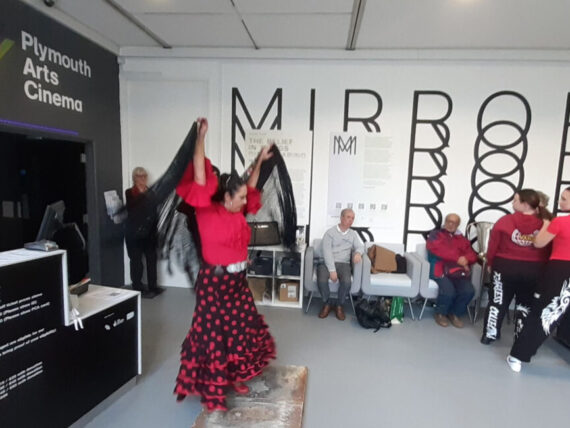
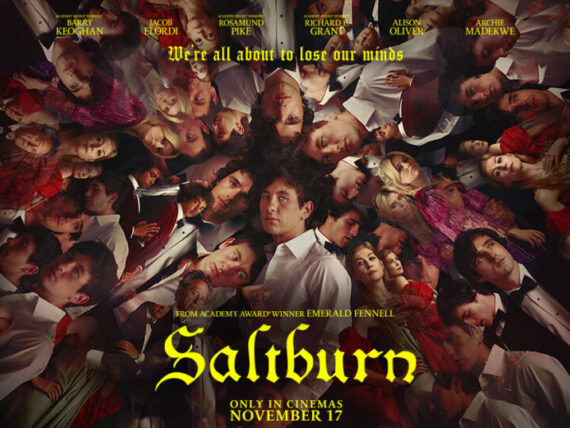

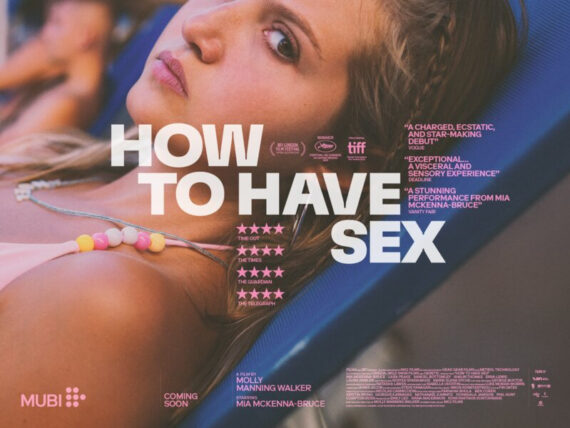
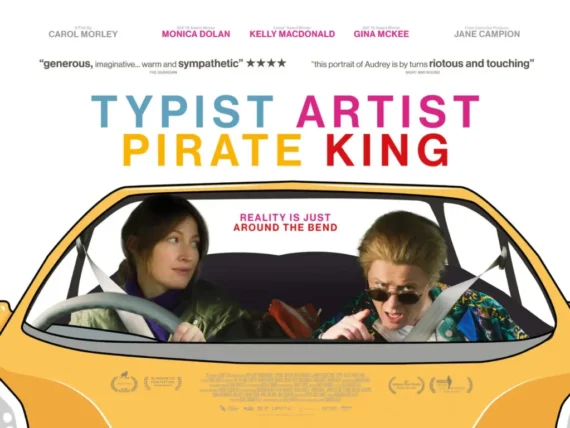
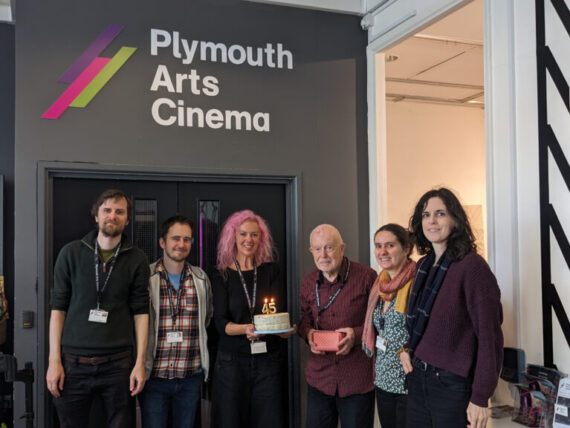
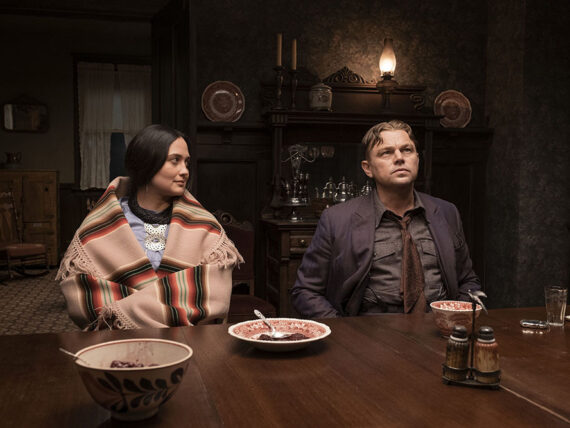
Comments
No comment yet.